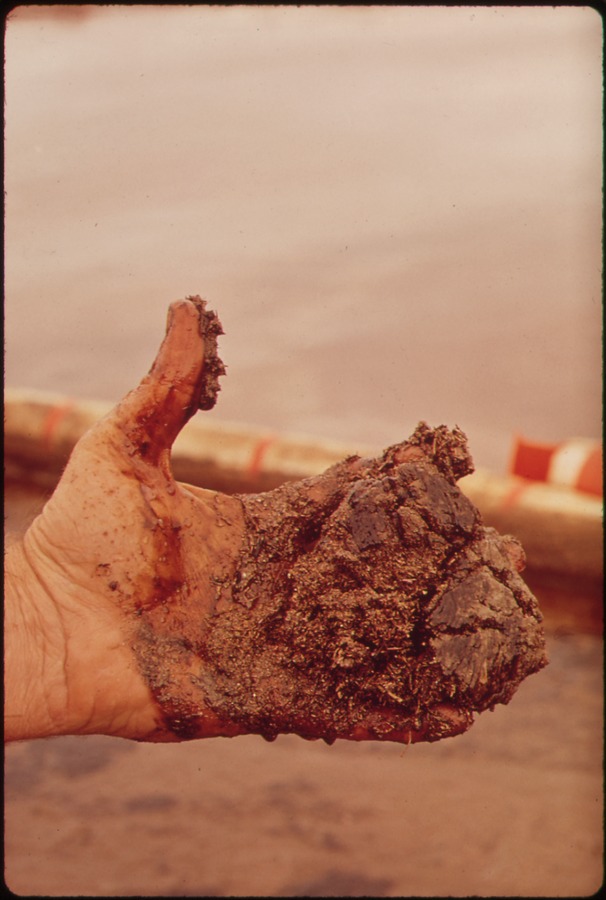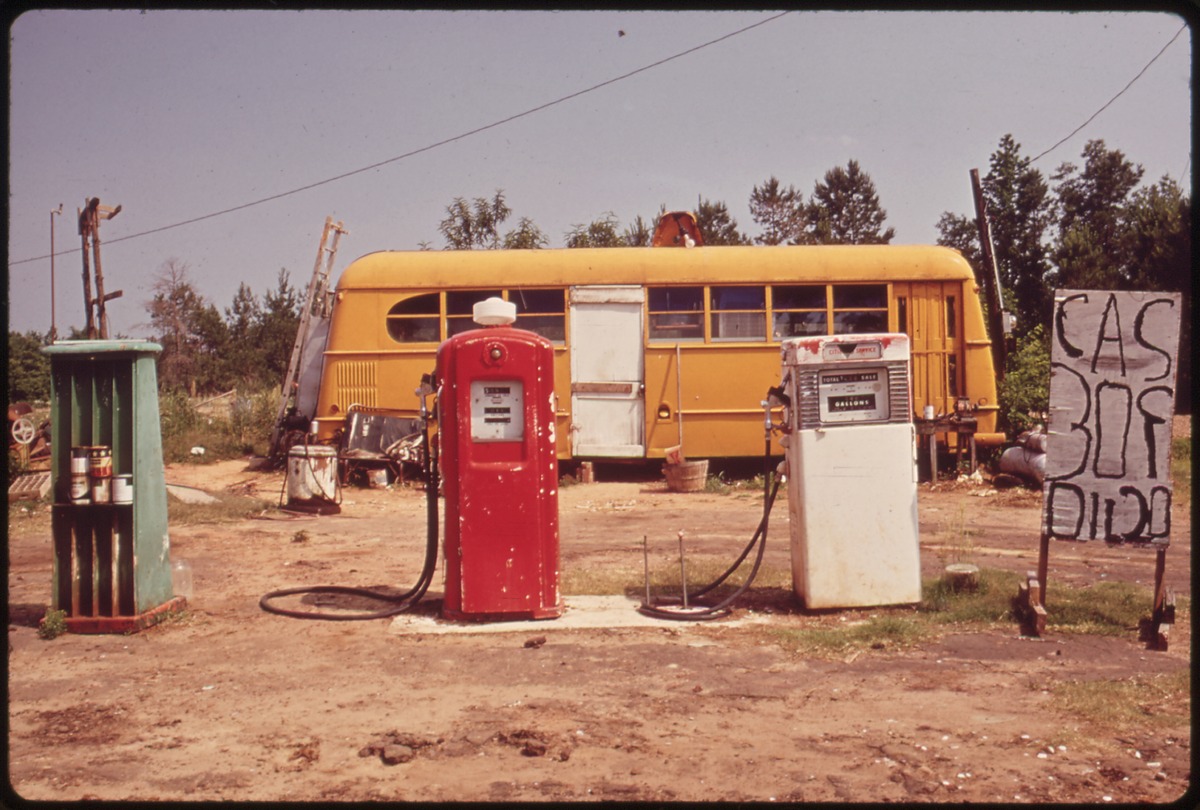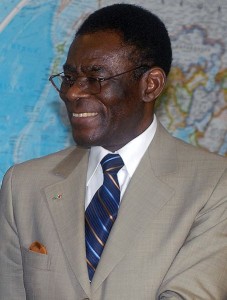Ken Silverstein, a Big Oil reporter who’s written a book about the industry’s shadowy middlemen and facilitators, recently sat for an Ask Me Anything at Gawker. Michael Busch of the Los Angeles Review of Books also just interviewed the journalist, and here’s the opening:
“Question:
Unlike most books dealing with the oil industry, yours examines the internal machinery of the business, and the players who grease its wheels. Can you start by outlining the scope of your investigation into the world of oil, and the various actors it involves?
Ken Silverstein:
I’ve been writing about the oil industry for more than 15 years, and during that time, I’ve traveled multiple times to Africa and Central Asia, mostly, and Houston, of course. It’s hard to think of any commodity or good that is more important to international commerce than oil. Or more sensitive, for that matter. In this sense, it’s comparable to the global arms trade in its different hidden worlds, which is always interesting. For this project I was funded by Open Society to specifically look at middlemen and oil trading firms that have an enormous role in this trade, but whom are almost never written about. There’s all sorts of great reporting and writing about the oil industry, but rarely do we get a look at these players who are hugely significant but almost entirely hidden.
Question:
Fixers, for example.
Ken Silverstein:
There are fixers, who act as middlemen between the oil industry and those governments from whom oil companies wish to obtain concessions. For a very long time now, oil was mostly pumped in the Third World and generally shipped to the First World, and it was First World companies who controlled the trade. As our illustrious former Vice President, Dick Cheney, put it, ‘The good Lord didn’t see fit to put oil and gas only where there are democratically elected regimes.’ He was saying this at a time when he was still with Halliburton, and using it as a justification for the fact that his company was doing business with some pretty shady regimes.
It’s a good point. Because so much of the oil we rely on is located in the Third World, getting access to it has frequently involved bribing governments. Sometimes those bribes have been legal, and sometimes they haven’t been legal, but payoffs to corrupt government officials have always been involved. In the old days, there were a lot of direct bribes made until the Foreign Corrupt Practices Act was passed in 1974. In Europe, bribes were legal until much more recently — you could deduct them in your taxes. But if you are a company executive, you would rather have other people dealing with these governments than having to do it yourself. It’s a very dicey area, and that’s what makes fixers useful. Companies like to have intermediaries who know a country well, or several countries. Of course, I don’t want to blame all of the corruption only on Third World governments. The companies obviously don’t like making payoffs, but they do it because they benefit; they want to win influence and government friends in the corrupt, undemocratic countries that control oil.
In Equatorial Guinea, for example — a country rich in oil but suffering under a terrible dictatorship — Exxon wanted access to the country’s deposits. The President, Teodoro Obiang [Ngeuma Mbasogo], had land, and the company bought it directly from him. President Obiang has been in power since 1979, so ‘president’ is a generous title. ‘Ruler’ is more accurate. In any event, Obiang sold Exxon some land, where they could build their own compound and develop the land for exploitation. It is safe to say they overpaid enormously for that land. It would be difficult to prove that this constitutes a ‘bribe,’ but these are the sorts of tradeoffs that are made in the name of access.
Ed Chow, a longtime Chevron executive, put it most succinctly. In places like Nigeria or Kazakhstan, he said, ‘You get the land, but you don’t provide a lot of jobs, you may be destroying the environment, and most of the profit goes to international capital. The companies don’t have a strong case to sell to local communities, so they come to not only accept highly centralized governments but to crave it. It’s a lot easier to win support from the top than to build it from the bottom. As long as we want cheap gas, democracy can’t exist.'”



